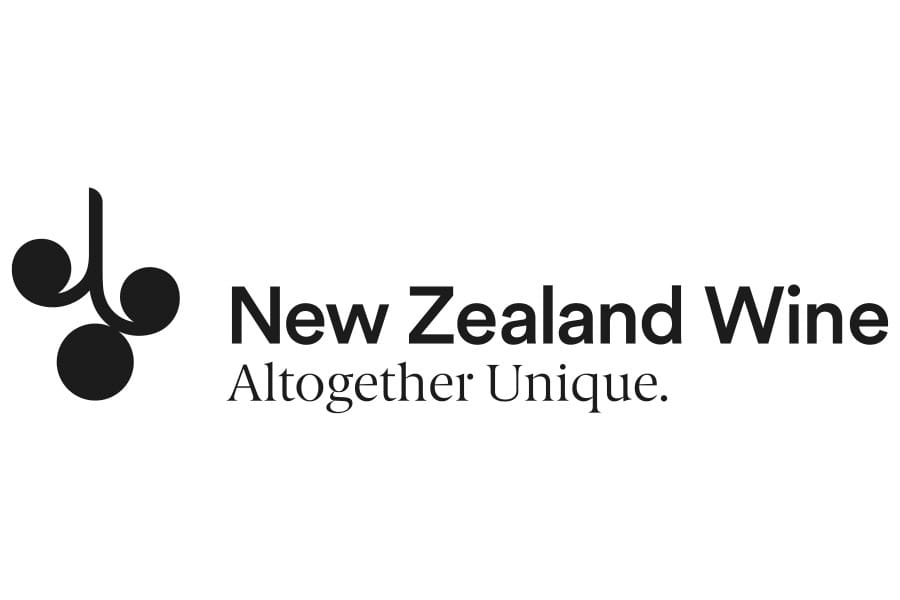As producers of some of the world’s most refreshing wines, New Zealand Wine is once again calling on white wine lovers across the world to celebrate New Zealand white wine this May

April 10, 2025 — The theme of the month, Pour Yourself a Glass of New Zealand, comes at a time when New Zealand’s top three exported white wine varieties are internationally celebrated with International Sauvignon Blanc Day (2 May), International Pinot Gris Day (17 May) and International Chardonnay Day (22 May) all falling in the same month.
“New Zealand white wine makes up 95% of our global exports, and while Sauvignon Blanc represents 89% of that, New Zealand also produces other world-class white wine varieties such as Pinot Gris and Chardonnay,” says Charlotte Read, General Manager Brand, New Zealand Winegrowers.
New Zealand’s unique southerly position in the South Pacific with a maritime climate provides perfect conditions for growing white grapes and allows for the retention of natural acidity across a wide range of varieties. None of the country’s winegrowing regions are far from the sea and coupled with long hours of sunshine and often crisp night temperatures, it’s the ideal recipe for pure, fresh, delicate white wines.
“Across our 10 wine regions, New Zealand produces over 40 varieties of wine. Sauvignon Blanc may have been the one to put New Zealand wine on the map, but New Zealand also excels in the production of an increasing range of styles and varieties – from Chardonnay to Riesling to Albariño, there is a New Zealand white wine to suit every palate.”
New Zealand Winegrowers consumer research shows that consumers are championing refreshing drinks on the lighter side across all categories, and lighter refreshing styles are outpacing overall wine category performance with shifts into varietals with more refreshing palate profiles. “There has been an international increase in demand for white wines such as Sauvignon Blanc and Pinot Gris, and in key export markets such as the US, UK and Australia, New Zealand wine has a strong consumer association with more naturally refreshing wines. This positions New Zealand white wine well to satisfy the growth in category refreshment occasions.”
In addition to celebrating New Zealand white wine this May, this year the New Zealand wine industry celebrates 30 years of Sustainable Winegrowing New Zealand (SWNZ) – one of the first sustainability programs to be established in the global wine sector. Today, 98% of New Zealand’s vineyard-producing area is SWNZ certified and 10% operate under recognized certified organic programs, and with that level of participation, the New Zealand wine industry’s sustainability credentials are respected around the world.
“New Zealand wine is crafted with a deep respect for our natural world and our people, and for 30 years the New Zealand wine industry has been committed to protecting the people and places that make our famous wines, including our incredible Sauvignon Blancs, Pinot Gris, and Chardonnay. I invite the world to pour yourself a glass of one of our notable drops and celebrate these milestones,” says Charlotte.
For more information about the Pour Yourself a Glass of New Zealand campaign, visit the campaign page here.
ABOUT NEW ZEALAND WINEGROWERS
New Zealand Winegrowers is the national organization for the country’s grape and wine sector, with over 600 grower members and 700 winery members. nzwine.com
ABOUT SUSTAINABLE WINEGROWING NEW ZEALAND (SWNZ)
Sustainable Winegrowing New Zealand (SWNZ) is owned and operated by New Zealand Winegrowers (NZW). SWNZ is based on continuous improvement and alignment with standards and benchmarks, which ensures members meet best practice guidelines for sustainability in the vineyard and winery. SWNZ certifies all parts of the New Zealand- based production chain including vineyards, wineries, bottling facilities, and brands.
Uniting both winegrowers and winemakers sets this program apart as the only one of its kind around the world. The SWNZ program is based on a framework of six key focus areas of sustainability (drawing on the UN Sustainable Development Goals as a foundation): Climate Change; Water; Waste; Soil; Plant Protection; and People.




